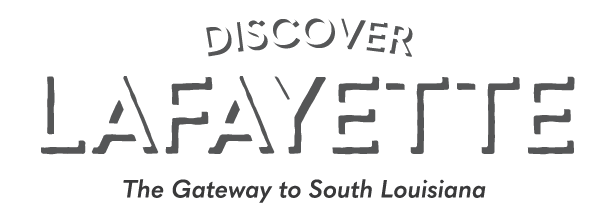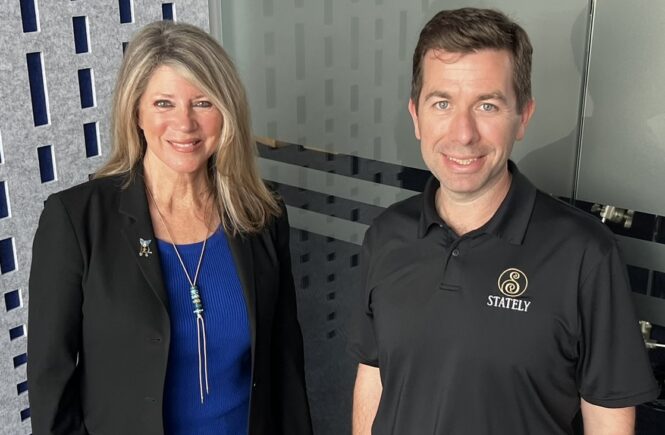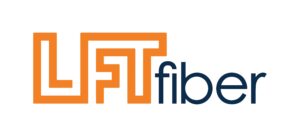Podcast: Play in new window | Download ()
On this episode of Discover Lafayette, we welcome Jude David, managing partner of Final Ascent, a mergers and acquisitions advisory firm that helps mid-market business owners—typically with $5 million or more in annual revenue—prepare their companies for sale and successfully transition for maximum value.
But Jude’s passion goes far beyond business mechanics. He’s also a philanthropist and one of the founders of the Catholic Legacy Foundation of Acadiana, a donor-advised fund that enables people of all faiths to support charitable causes in perpetuity—while enjoying significant tax advantages in the process.
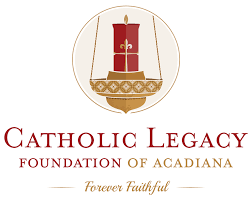
“People don’t want to plan their succession in life, and they don’t want to plan their succession in business. It’s emotional. It’s scary. And it’s always something they plan to think about ‘one day.'”
Jude shares stories of helping longtime business owners who’ve spent decades building their companies and are now looking to exit—but often haven’t thought about what comes next. He draws clear parallels between business transition and end-of-life planning, noting that in both areas, far too many people fail to prepare.
“It’s shocking how many successful people don’t have wills or estate plans. Even people of great means often haven’t taken the time to protect what they’ve built—or considered how to give back.”
That’s where Jude’s second passion comes into play: philanthropic giving as part of a business exit strategy. Through smart planning, owners can donate a portion of their company prior to selling, reducing capital gains taxes and simultaneously funding charitable initiatives through a donor-advised fund.
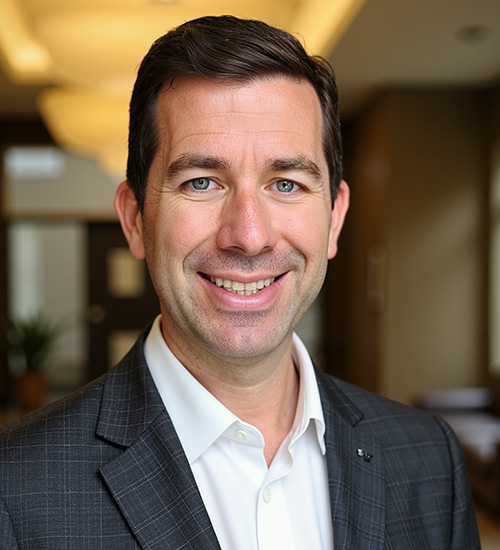
“When you’re selling a mid market business, there’s going to be a substantial amount of taxes to pay. So our clients are constantly looking for ways to avoid those taxes or defer those taxes. There are several strategies you can use if you have ways of offsetting losses against those gains. It can be very helpful if you can write off new assets that you’re acquiring against the old assets that you’ve sold. For instance, if you sell one business and buy a new one in the same year, you can depreciate the assets on the new business against the old business that you sold. There are several other strategies. One that I really like for owners that are charitably inclined is to give to a foundation or other charities. Why does that matter? Well, if you can structure that kind of transaction appropriately, it saves you significant taxes on your sale. That’s why I’m involved with Catholic Legacy Foundation.”
Jude walks us through real-world examples of how this works, explaining how the Catholic Legacy Foundation is helping build endowments that will support Catholic ministries, seminarian education, pro-life efforts, and poverty alleviation—whether the recipient organization is Catholic or simply aligned with Catholic values.
“We house the seminarian bursary (scholarship) funds for the Diocese. You can give to support a specific seminarian or the entire class. It’s one of the most direct ways to impact the future of the Church. To get the foundation off the ground, we are taking donations for a Founder’s Circle. So we’re looking for donations of a minimum of $15,000 for Founder’s Circle members. That’s $5,000 a year for three years, and the goal is for us to get the foundation to a size in three years so that it never needs another donation again.”
Jude also reflects on the importance of reducing business owner dependence before sale—a common value driver in M&A. He explains how owner involvement, earnings growth, and recurring revenue models (like those used in HVAC and plumbing industries) all affect valuation multiples.
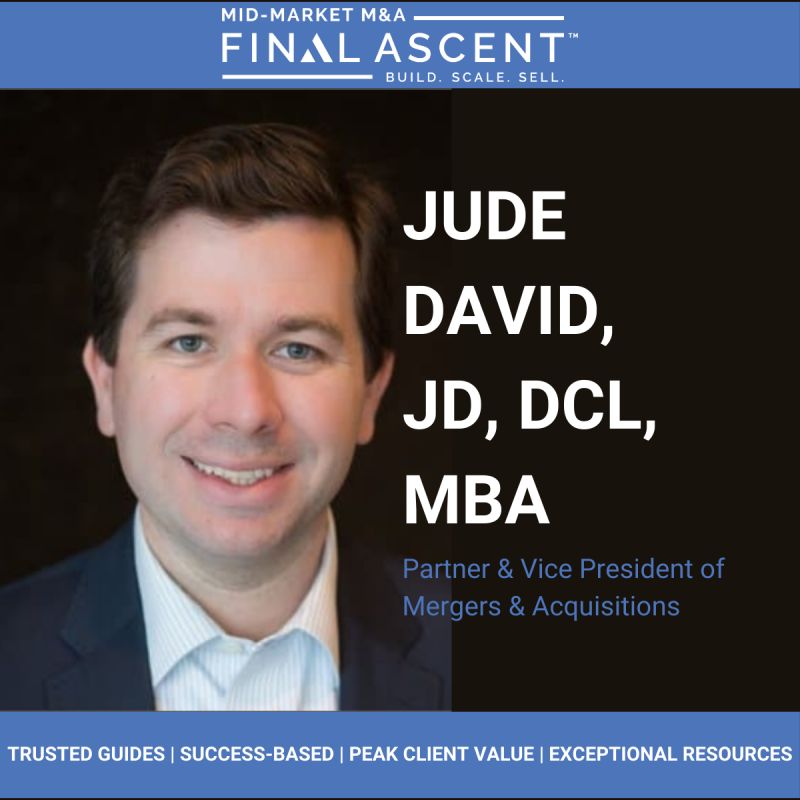
“If a business is built around the owner and you can’t pluck the owner from the business, it makes the business a lot less valuable. So if we deal with a business 3 or 4 years before sale, we’ll help them to identify all of their roles in the business and the hats that they wear, and help them to find other people to hand those roles off to. And if they do that appropriately, by the time the sales come, the sale of the business comes, they should be irrelevant to the business. And a buyer is going to ask, well, who has the customer relationships? Is that the owner? Are they calling the owner’s cell phone or are they calling the owner’s number two or the owner’s number three who works in the company. That’ll make a really big difference. And the vendor relationships and all the different things that make the business run, if those are being done by somebody else and that somebody else is going to stay with the company after closing, it makes it a whole lot more valuable.”
For Jude, helping people prepare for their next chapter isn’t just a professional mission—it’s personal. From his own business ventures, including Stately Doors and Windows, to his family life rooted in South Louisiana and Maine, he brings both pragmatism and heart to the conversation.
“Business owners often don’t know what they’ll do next. They lose a sense of purpose after the sale. But if you’ve created a charitable foundation, you now have something new to pour your passion into.”
Whether you’re a business owner eyeing retirement, a professional navigating succession planning, or someone simply interested in how faith and finance can align, Jude David brings clarity, inspiration, and practical tools for moving forward with intention.
Learn more about Jude’s work at https://www.famergers.com/ or email him at jude@famergers.com.
Explore charitable giving and legacy planning at CatholicLegacyFoundation.org.
